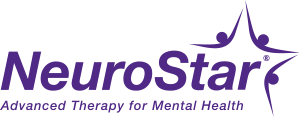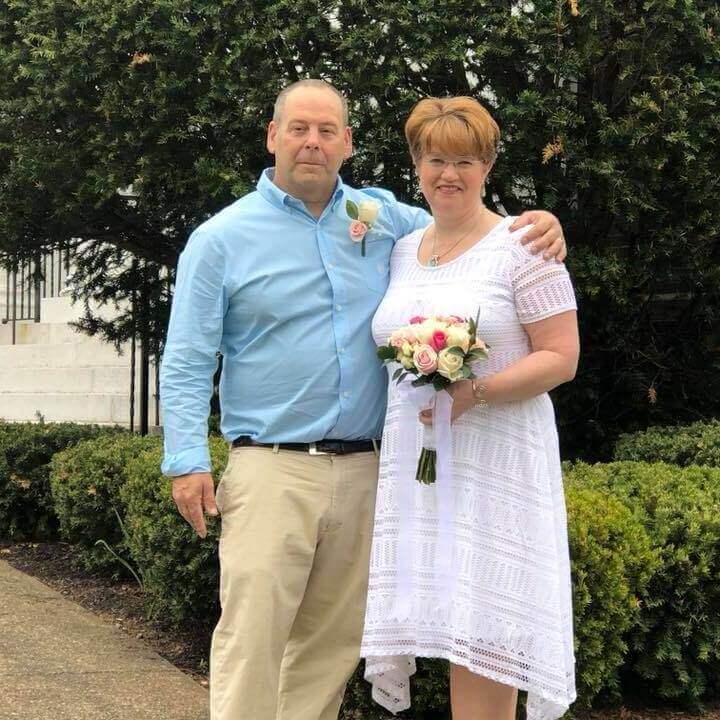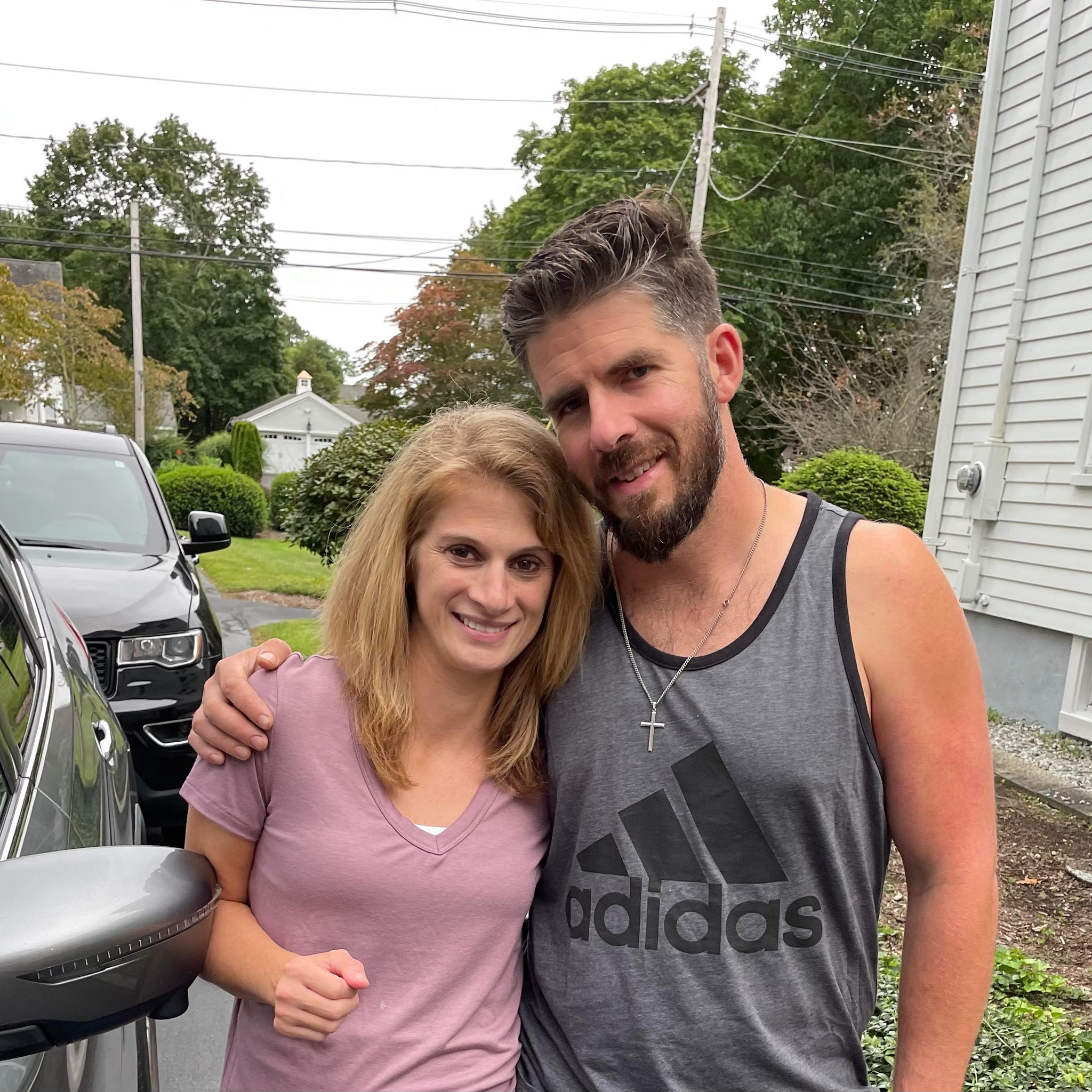Learn more about TMS today!

About NeuroStar TMS Therapy
NeuroStar uses transcranial magnetic stimulation (TMS) to target key areas of the brain that are underactive in people with depression. It is not ECT (electroconvulsive therapy). While the exact cause of depression is not known, the leading scientific theory is that it is caused by an imbalance of the brain’s neurotransmitters, which are chemical messengers that send signals between brain cells.What is NeuroStar Advanced Therapy (TMS)?
During a NeuroStar treatment session, a magnet similar in strength to that used in a magnetic resonance imaging (MRI) machine is used to stimulate nerve cells in the area of the brain thought to control mood. These magnetic pulses may have a positive effect on the brain’s neurotransmitter levels, making long-term remission possible.Treatment with NeuroStar Advanced Therapy is easy:
- Therapy sessions are conducted in your NeuroStar doctor’s office
- You can return to normal activities right away
- You are awake during treatment
- It’s covered by most health insurance plans, including Medicare and Tricare
With more than 5.6 million treatments delivered, this novel treatment approach to achieving remission is bringing new hope to people every day.
How NeuroStar TMS Therapy™ Works
Here’s what you can expect from a NeuroStar Advanced Therapy (TMS) session:Before Treatment
You’ll recline comfortably in the treatment chair. A small, curved magnetic coil will be positioned lightly on your head.During Treatment
NeuroStar delivers focused magnetic stimulation directly to the target areas of the brain. You’ll hear a clicking sound and feel a tapping sensation on your head.After Treatment
NeuroStar Advanced Therapy: Depending on your doctor’s recommendation, each treatment takes between 19 and 37 minutes.You can resume normal activities immediately.
Because there are no effects on alertness, you can drive yourself to and from treatment sessions. In-office treatment with NeuroStar TMS Therapy typically takes 19-37 minutes and is administered 5 days a week for approximately 7 weeks.*TMS Testimonials
Kelly’s Story
Todd’s Story
Johara’s Story
Bart’s Story
Mariah’s Story

— Jenna H.

— Caitlin B.

— DeeÁnna C.
TMS Clinical Trials & Academic Studies
- Reid, P. D., Shajahan, P. M., Glabus, M. F., & Ebmeier, K. P. (1998). Transcranial magnetic stimulation in depression. The British journal of psychiatry : the journal of mental science, 173, 449–452. https://doi.org/10.1192/bjp.173.6.449
- Martin, J. L., Barbanoj, M. J., Schlaepfer, T. E., Clos, S., Perez, V., Kulisevsky, J., & Gironell, A. (2002). Transcranial magnetic stimulation in depression. The Cochrane database of systematic reviews, 2002(2), CD003493. https://doi.org/10.1002/14651858.CD003493
- Tredget, J., Kirov, G., & Dunn, E. (2005). Transcranial Magnetic Stimulation for Depression. Nursing standard (Royal College of Nursing (Great Britain) : 1987), 19(37), 49–50. https://doi.org/10.7748/ns2005.05.19.37.49.c3876




